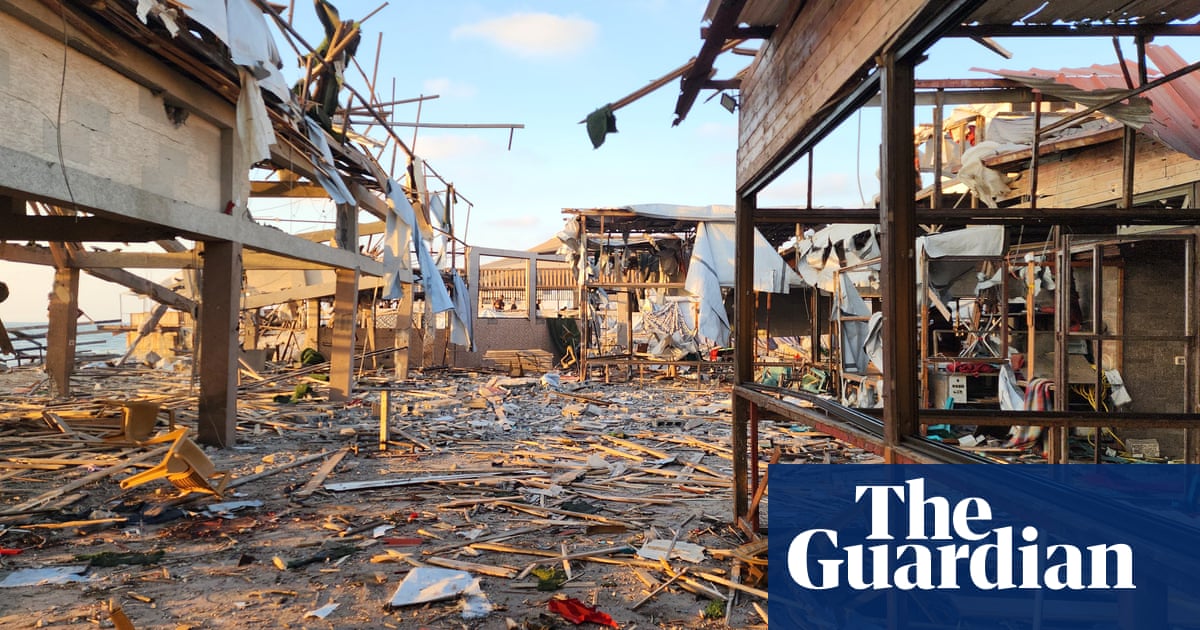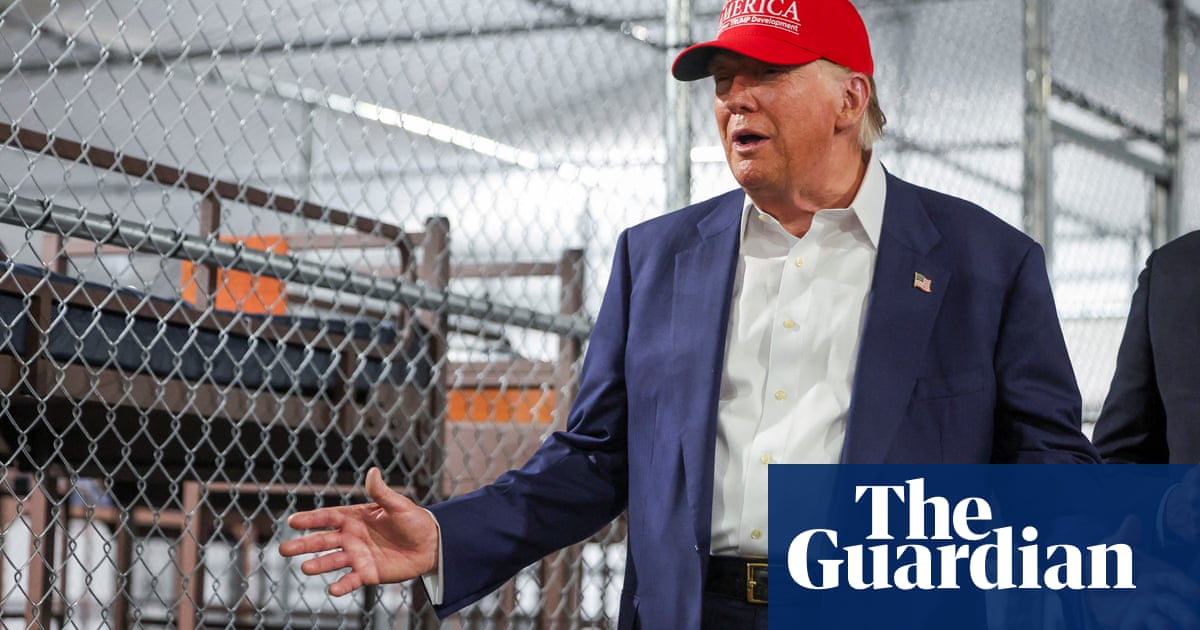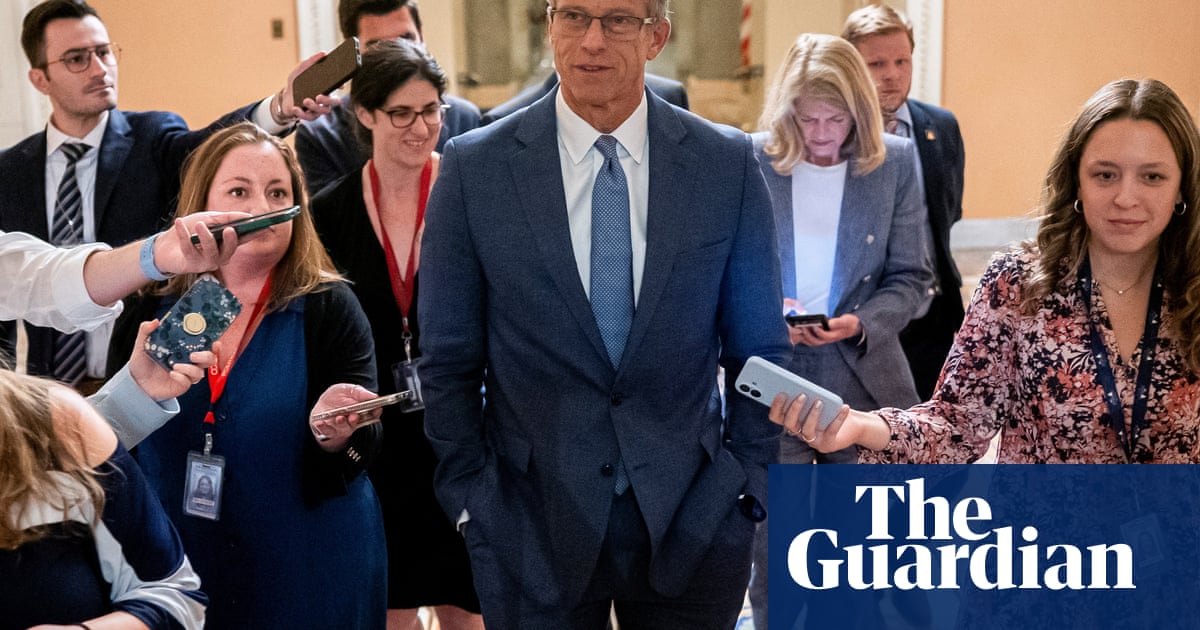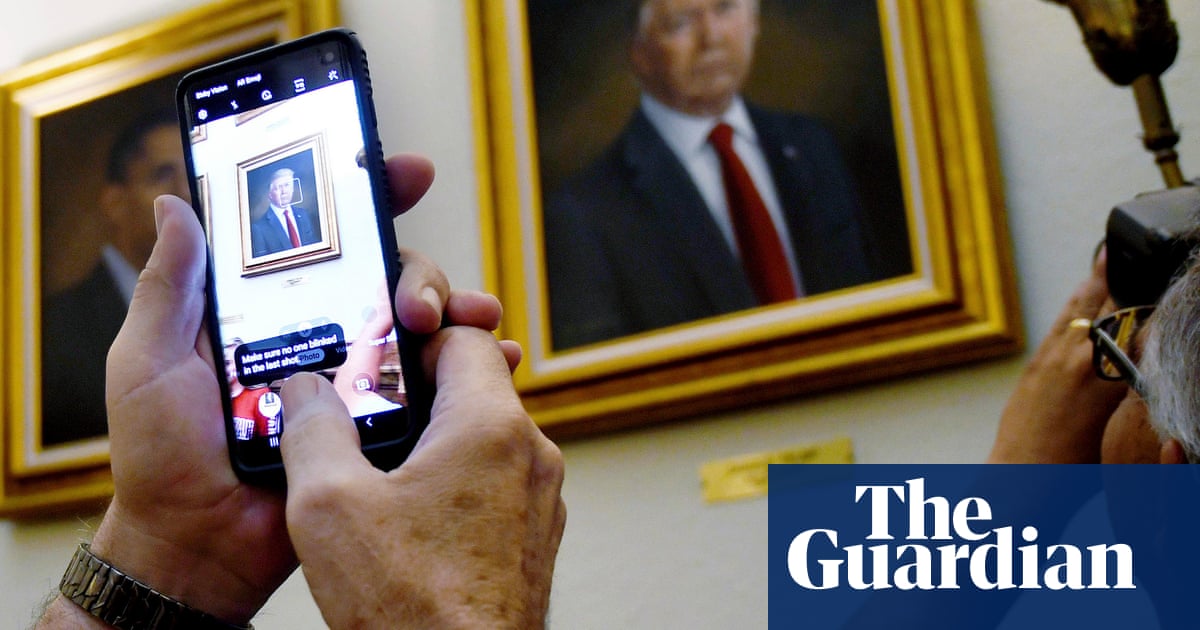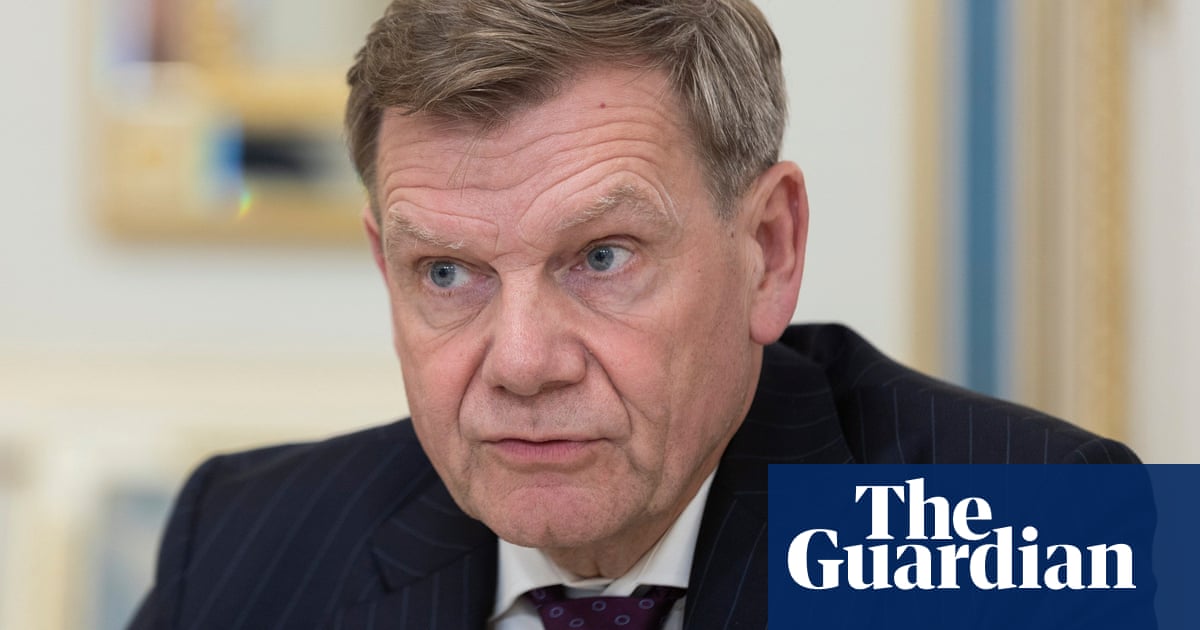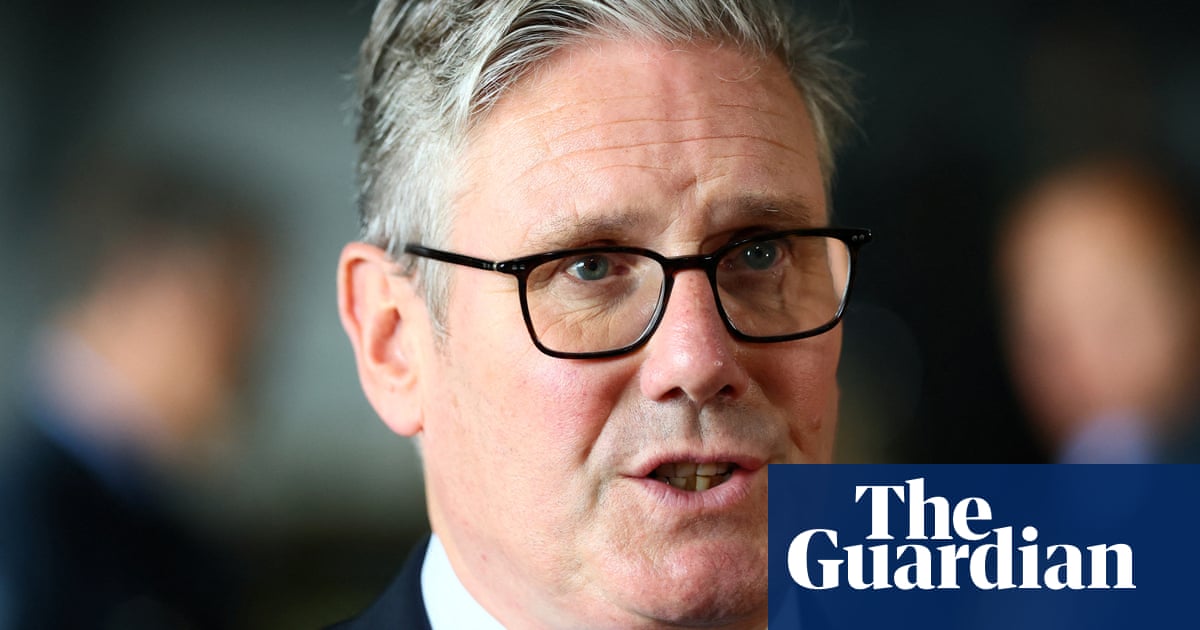Xi Jinping’s tour of South-east Asia this week is likely intended to “screw” the United States, President Donald Trump has suggested, as the Chinese leader embarks on five-day tour of some nations hardest hit by Trump’s tariffs.
China’s president arrived in Hanoi on Monday, where he met Vietnam’s top leader, To Lam, called for stronger trade ties, and signed dozens of cooperation agreements, including on enhancing supply chains.
Reacting to the meeting from the Oval Office, Trump said the discussions in Vietnam were focused on how to harm the US, even though he didn’t hold it against them.
“I don’t blame China; I don’t blame Vietnam,” Trump told reporters at the White House. “That’s a lovely meeting. Meeting like, trying to figure out, ‘how do we screw the United States of America?’”
Vietnam is among a handful of countries in South-east Asia that are reeling from some of the most punitive of Trump’s so-called “Liberation Day” tariffs, hit with a rate of 46%.
A major industrial and assembly hub, the US is Vietnam’s main export market, for which it is a crucial source of everything from footwear, apparel and electronics.
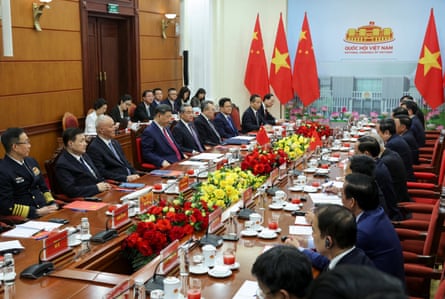
In the first three months of this year, Hanoi imported goods worth about $30bn from Beijing while its exports to Washington amounted to $31.4bn
Xi’s visit to Vietnam, Cambodia, and Malaysia this week, comes as Beijing faces tariffs of 145%, and as other countries seek to negotiate reductions in their reciprocal tariffs during the 90-day reprieve.
Xi’s trip to Hanoi offers an opportunity to consolidate relations with a neighbour that has received billions of dollars of Chinese investments in recent years as China-based manufacturers moved south to avoid tariffs imposed by the first Trump administration.
Xi had planned to travel to the region prior to Trump’s tariff announcement but the visit was fortuitously timed, with the Chinese leader positing China as a stable trading partner, in contrast to the chaotic policy backflips coming out of Washington.
In an article in Nhandan, the newspaper of Vietnam’s Communist party, Xi wrote there are “no winners in trade wars and tariff wars” and protectionism “leads nowhere”.
In a later meeting with Vietnam’s prime minister, Pham Minh Chinh, Xi said the two countries should oppose unilateral bullying.
Chinese and Vietnamese state media reported on Monday that 45 agreements were signed between the two nations, including on rail links, although details were not shared.
Under pressure from Washington, Vietnam is tightening controls on some trade with China and a Trump administration official said the president and Vietnam’s Lam had agreed to “work to reduce reciprocal tariffs”.
Vietnam, and many other south-east Asian countries, are trying to maintain a delicate balancing act between the US and China, amid fears the region could be used as a potential dumping zone for Chinese exports barred from the US.
Escalating tensions between the US and China have fuelled concerns about the “decoupling” of the world’s two largest economies, a fear treasury secretary Scott Bessent has sought to dispel on Monday.
“There’s a big deal to be done at some point” Bessent said when asked by Bloomberg TV about the possibility that the world’s largest economies would decouple. “There doesn’t have to be” decoupling, he said, “but there could be.”
The White House had appeared to dial down the pressure recently, listing tariff exemptions for smartphones, laptops, semiconductors and other electronic products for which China is a major source.
But Trump and some of his top aides said Sunday the exemptions had been misconstrued and would only be temporary.
“Nobody is getting ‘off the hook’... especially not China which, by far, treats us the worst!” he posted on his Truth Social platform.
After a two-day stop in Hanoi, Xi will continue his South-east Asian trip by visiting Malaysia and Cambodia from Tuesday to Friday.

 2 months ago
49
2 months ago
49



